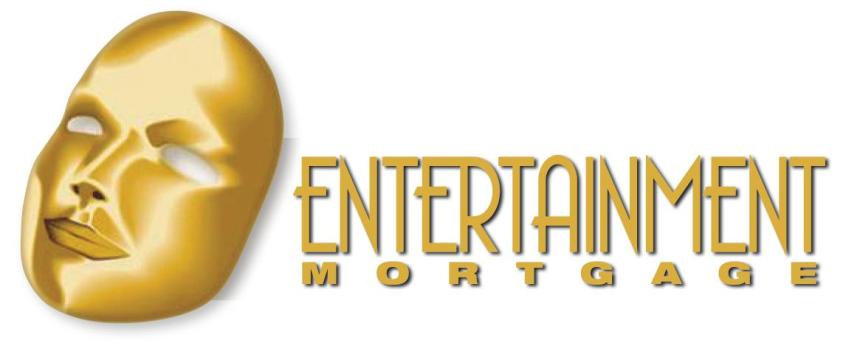 Well, if you want to get technical, Escrow is defined as “a legal arrangement in which a neutral third party holds an asset during the period in which the conditions of the deal is being finalized by the other two parties.” But that doesn’t really help much, does it? Unless you are working with these terms everyday, they can get pretty complicated. Let me see if I can explain it a little bit better:
Well, if you want to get technical, Escrow is defined as “a legal arrangement in which a neutral third party holds an asset during the period in which the conditions of the deal is being finalized by the other two parties.” But that doesn’t really help much, does it? Unless you are working with these terms everyday, they can get pretty complicated. Let me see if I can explain it a little bit better:
In real estate, escrow provides a form of mediation between each of the parties involved. This includes the buyers, sellers, lenders, agents, and title company. So in essence, the escrow is simply a holding place for all funds, instructions, and documents necessary for the purchase of the home:
- the buyers funds for the down payment,
- the lender’s funds and documents for the new loan,
- and the sellers deed.
As a buyer, escrow will typically begin when your Realtor delivers the purchase contract and the buyer’s earnest money deposit to the escrow company. The escrow company will then prepare and deliver the initial escrow instructions and other related documentation.
Once your mortgage loan is in place and the new title has been recorded, the escrow agent will prepare and deliver the closing statements to both you and the seller. Be sure to review these statements in detail so you can resolve any inconsistencies before proceeding.
Finally, when the terms of your purchase agreement have been met, the escrow agent will assign the property title to you and distribute the funds to the seller, record the deed, and close the escrow.
Ultimately, the use of escrow is intended to provide security and peace of mind for buyers, sellers, lenders, and real estate agents alike by making sure no funds or property will change hands until all of the terms and conditions have been followed. Keep in mind, the rules and procedures around escrow and closing can vary by region, title company, and lender.

Leave a Reply